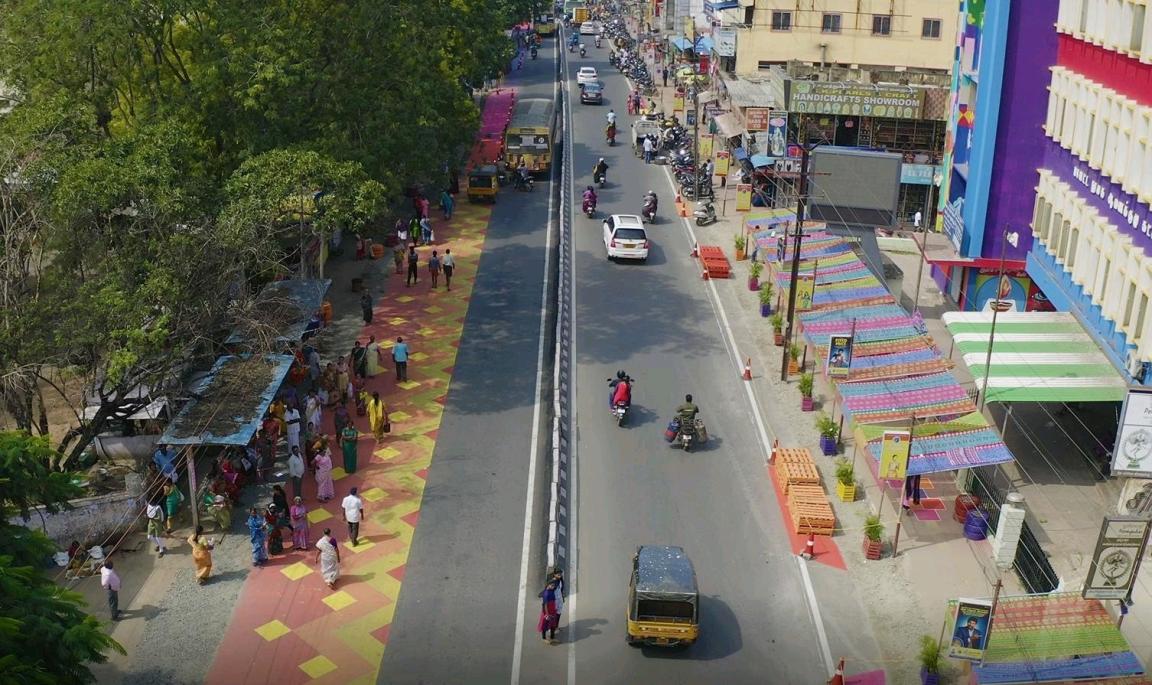Context
The Government of India is seeking to reduce CO2 emissions while also following pathways to environmentally friendly urban development. To this end, it is adopting several policy programmes to drive forward an environmentally friendly urban mobility transition.
While integrated urban mobility planning has the potential to make a broad impact, certain prerequisites are indispensable to reap the full benefits. Some matters have to be clarified before local authorities can start the participatory process of mobility planning together with all relevant actors (including local governments, public transport authorities, civil society groups and community).
An evidence basis for the interrelated challenges of CO2 emissions, air quality control and accessibility for urban populations is required. The full potential of synergies between these three aspects can only be realised if relevant data bases are developed. In addition, cross-sectoral coordination mechanisms must be in place and the capabilities of individuals on the ground consolidated.
Tactical Urbanism to test cycling and pedestrian friendly infrastructure redesign in Coimbatore.
Objective
Public institutions in India are improving integrated urban mobility planning to address air quality, climate action and accessibility.

